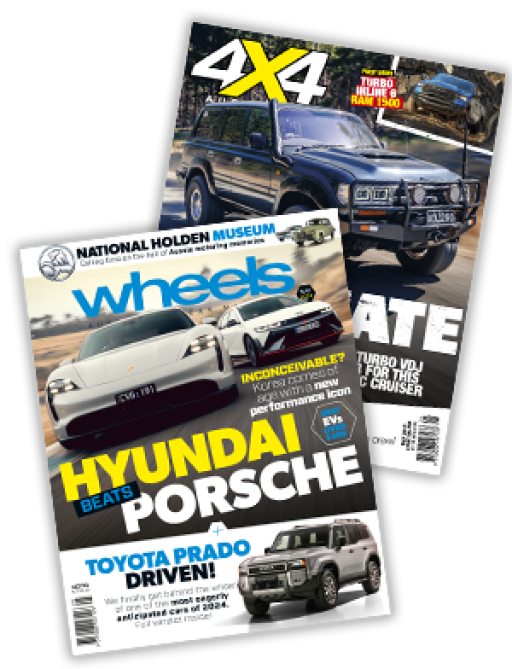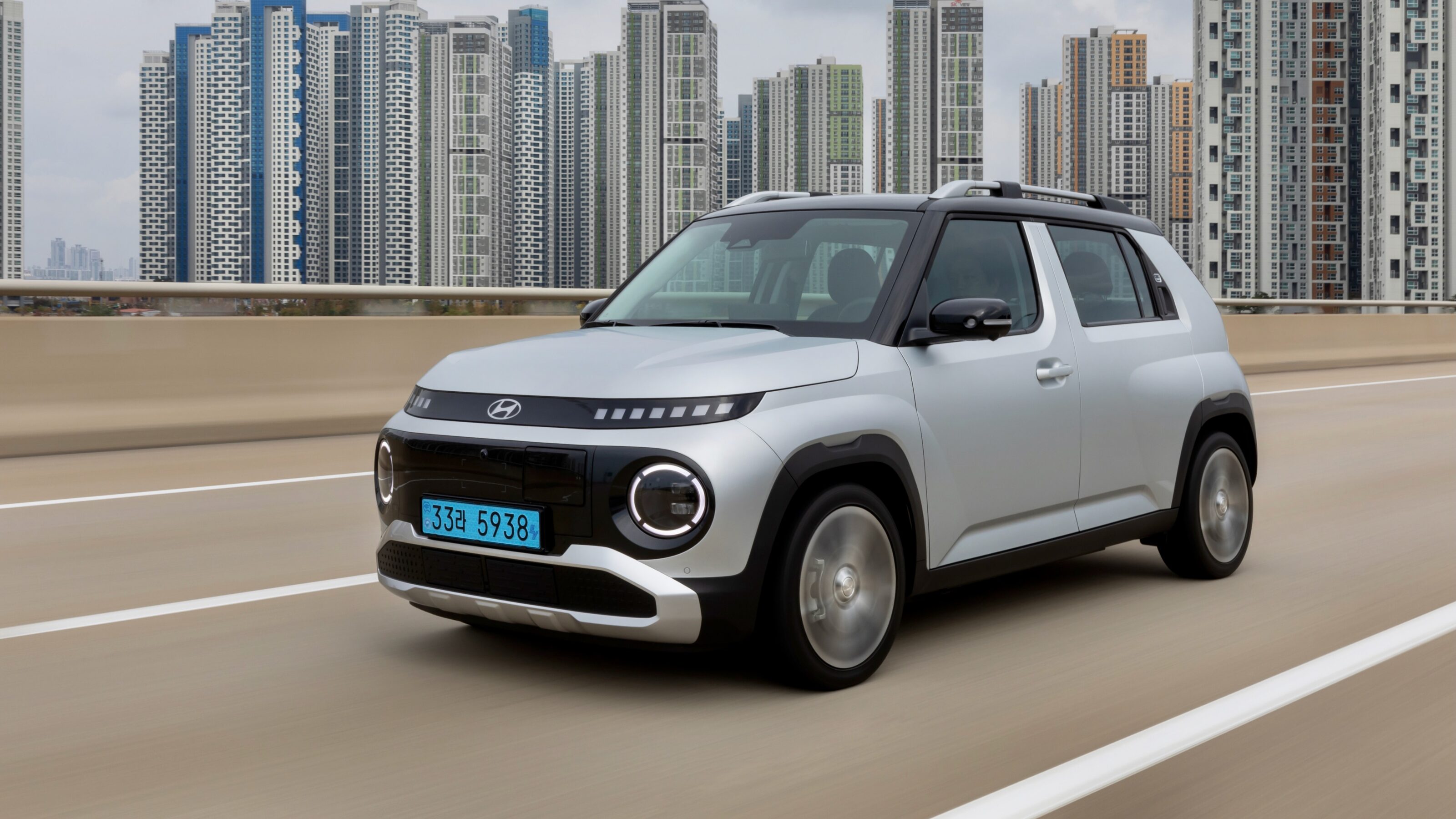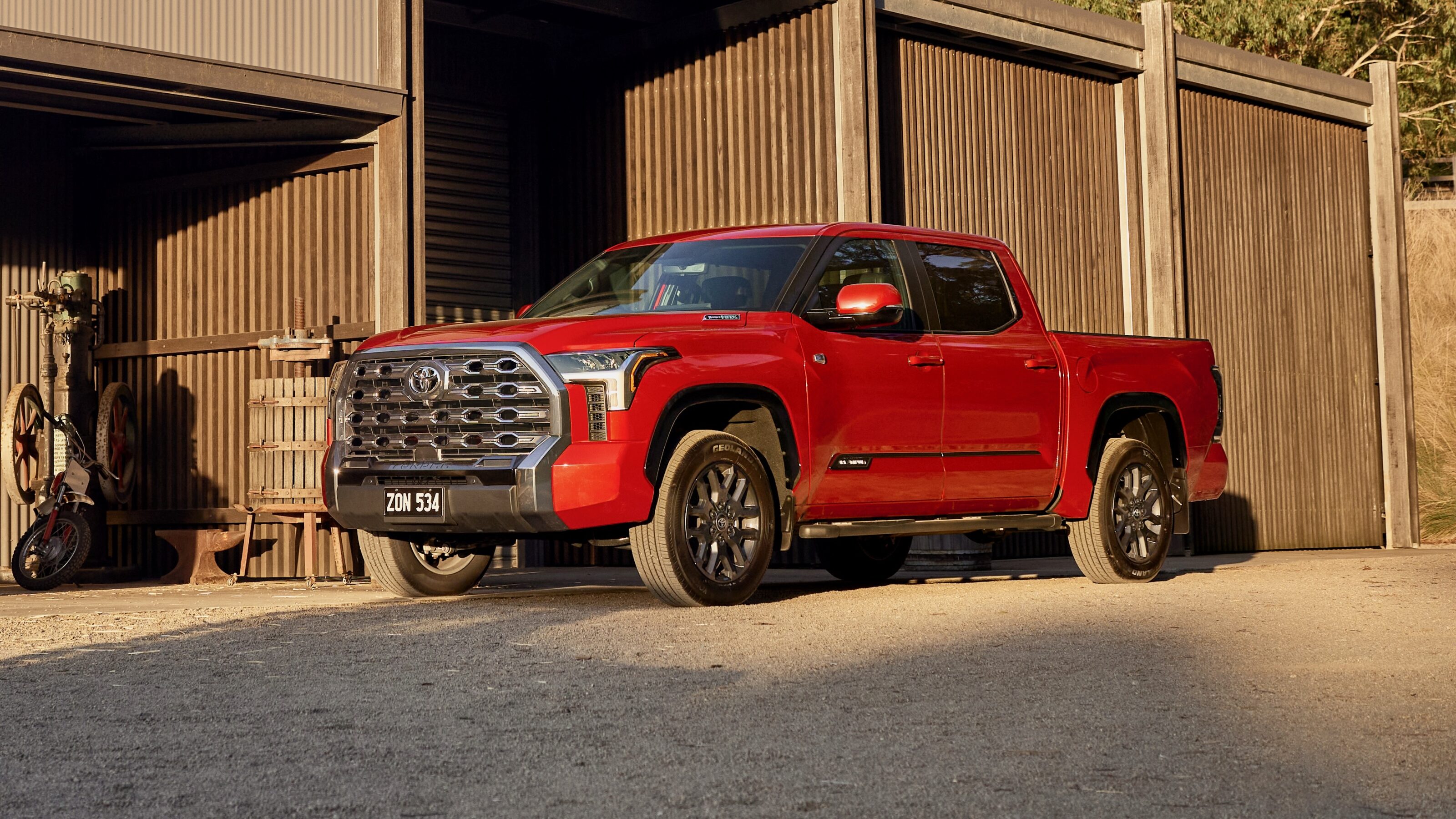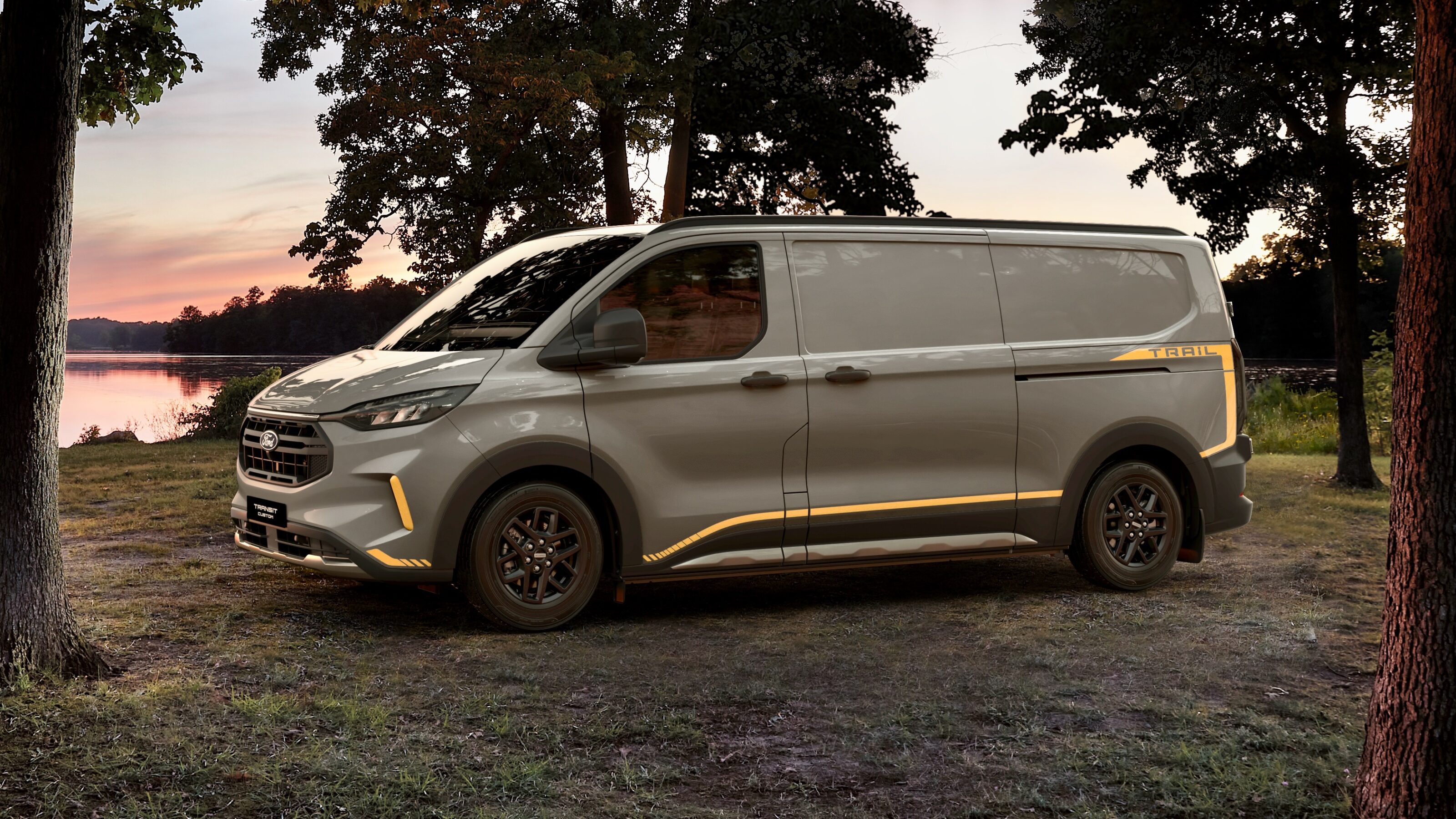
Key Points
- Forty per cent said they would buy an EV in the future
- Seven per cent signalled intent to purchase an EV in 2022
- Younger Australians skew favourably with buying EVs
Hyundai has beaten Tesla in a survey of electric vehicle buying intentions, which also found price continues to be the biggest hurdle for take-up in Australia.
The survey of 1001 Australians revealed 24 per cent of respondents said they’d prefer a Hyundai EV, followed by Tesla (20 per cent) with Mazda, which has a single EV model in its range, the MX-30, coming in at a surprise third place at 12 per cent.
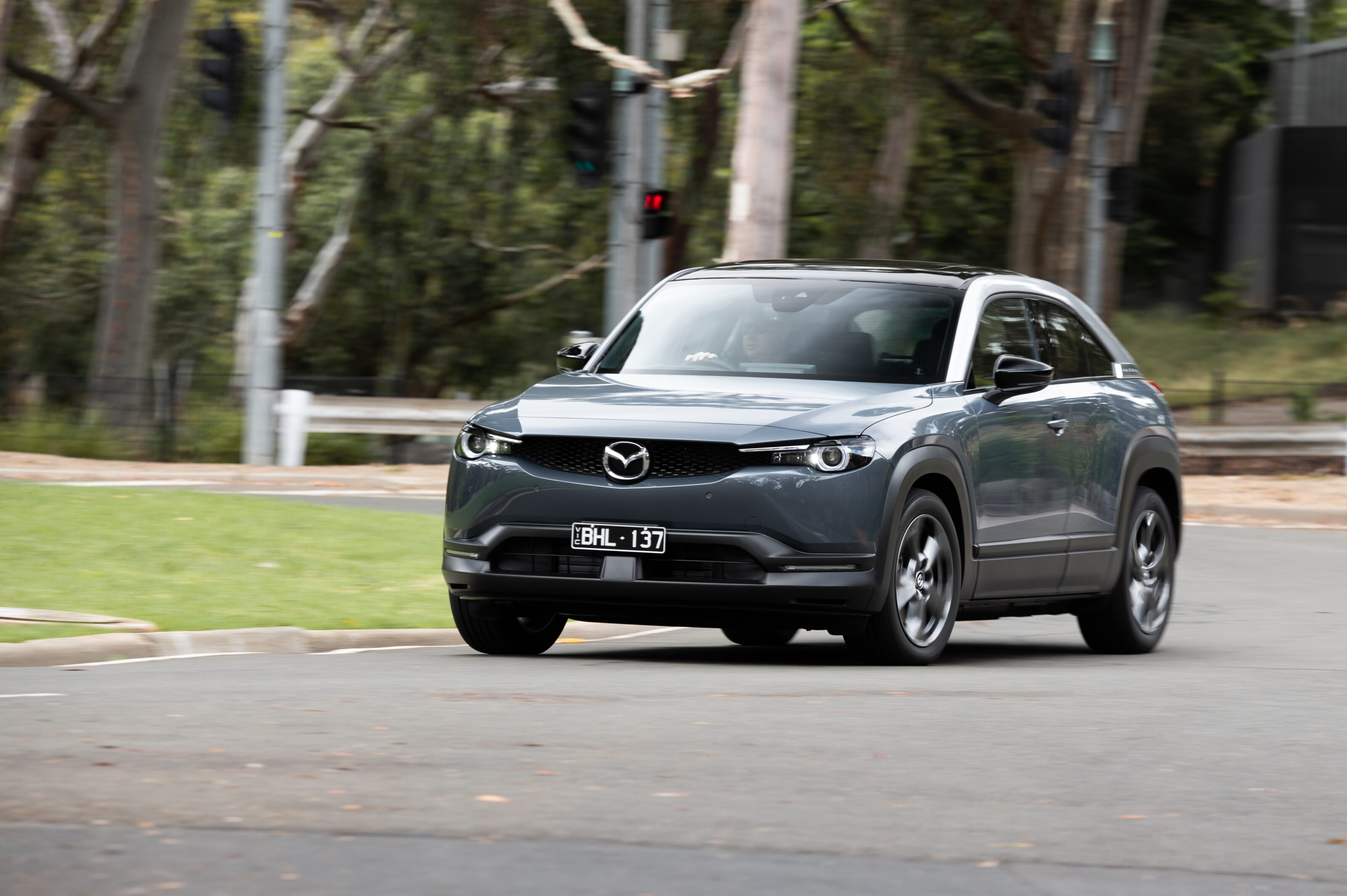
But while 73 per cent agree moving to electric vehicles (EVs) is an important step to reduce CO2 emissions, 79 per cent felt affordability needed to improve before they’d buy one.
Asked if Australia is doing enough to encourage EV uptake, 59 per cent of those surveyed said they felt strongly that Australia should go “all in” through aggressively pursuing subsidies, stronger emissions standards, and buyer incentives.
However, just 8 per cent said that the Federal Government’s $250 million Future Fuels and Vehicles Strategy, which is targeted at increasing EV home charging stations to 50,000 around the country, will “get the job done.”
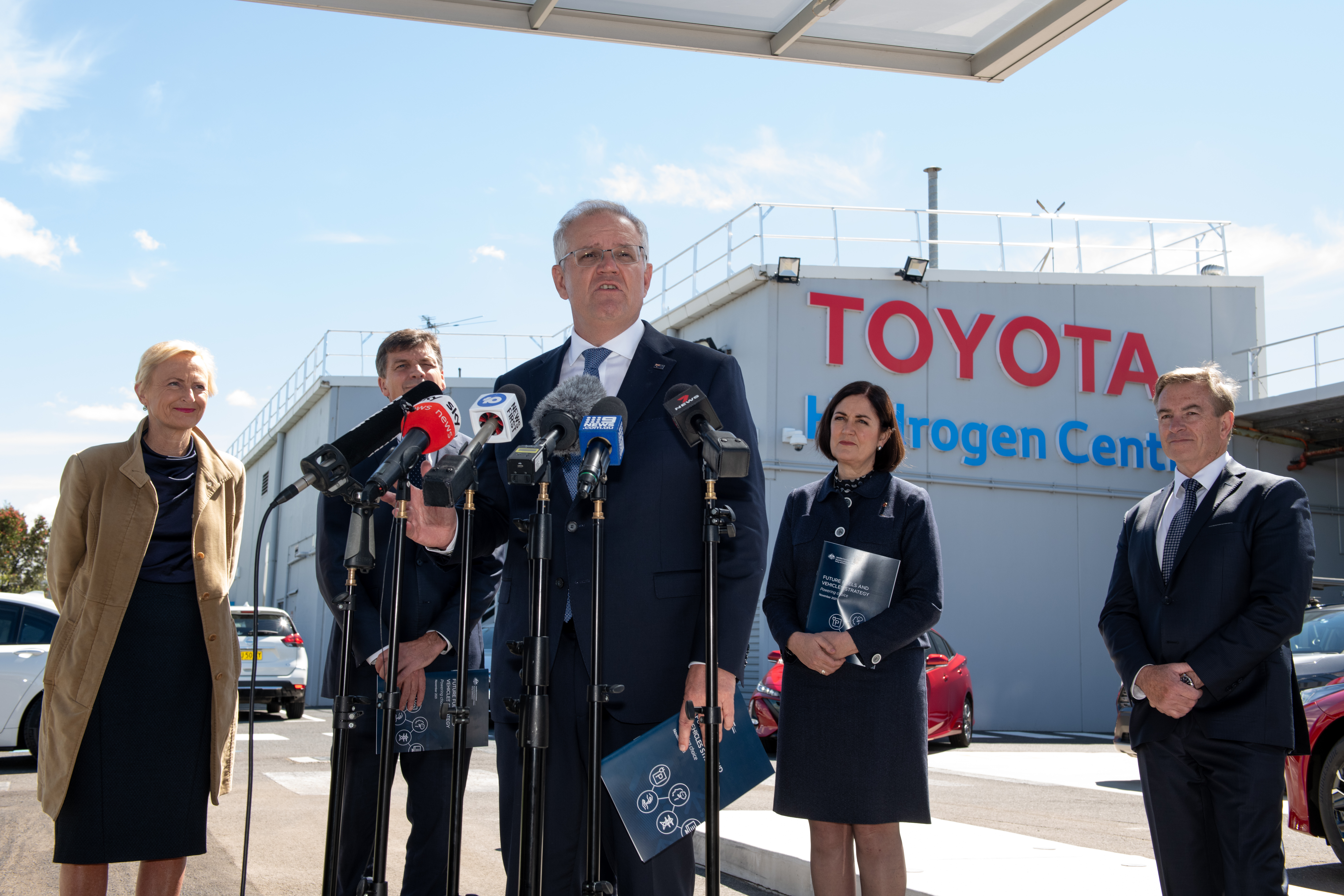
Fifty-one per cent said they wanted to see more EV infrastructure such as public chargers, while 41 per cent called for improved government subsidies, and 39 per cent wanted longer driving ranges.
Buying intentions
Just 40 per cent of respondents said they may buy an EV in the future, with only seven per cent saying they intend to buy one within the next 12 months.
Thirty per cent of those surveyed said they can’t afford an EV – with that number rising among certain demographics including; women (37 per cent) and older Australians (33 per cent for 55-64s and 36 per cent for 65-plus), while almost a fifth of over-65s said they’d rather buy a petrol-driven car.
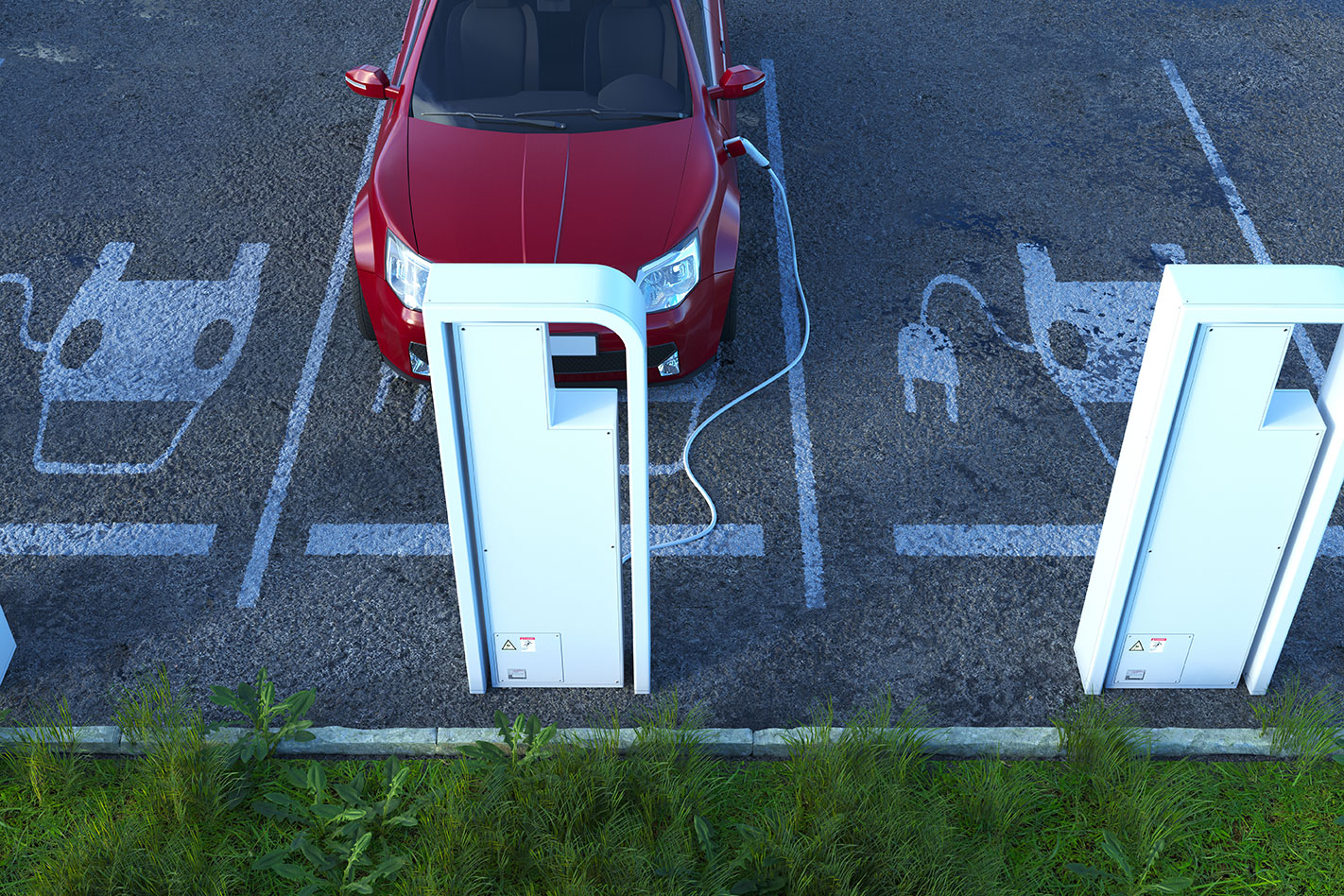
However, just over half of those involved in the survey, published by online financial broker Savvy, said they would buy an EV over an internal combustion-engined car to reduce emissions – even if they cost more than the fossil-fuelled equivalent.
That sentiment was skewed to younger age groups: 74 per cent of 18-24s – compared with 35 per cent of over 65s.
We recommend
-
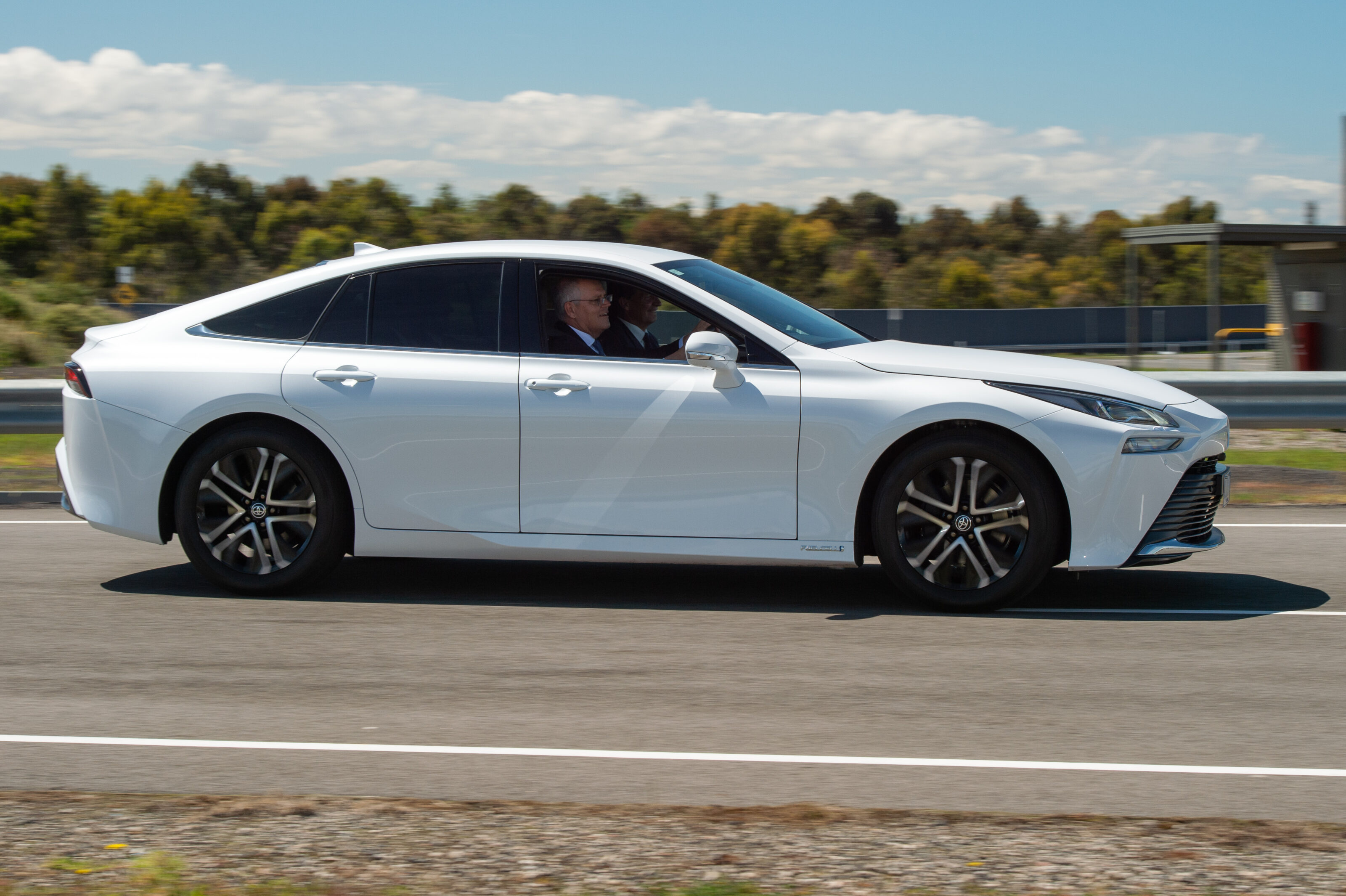 Features
FeaturesWhy Australia can't ignore UK-led push to ban ICE sales by 2035
Prime Minister Scott Morrison says EV policies should be about giving Australians choice, but will we actually have one?
-
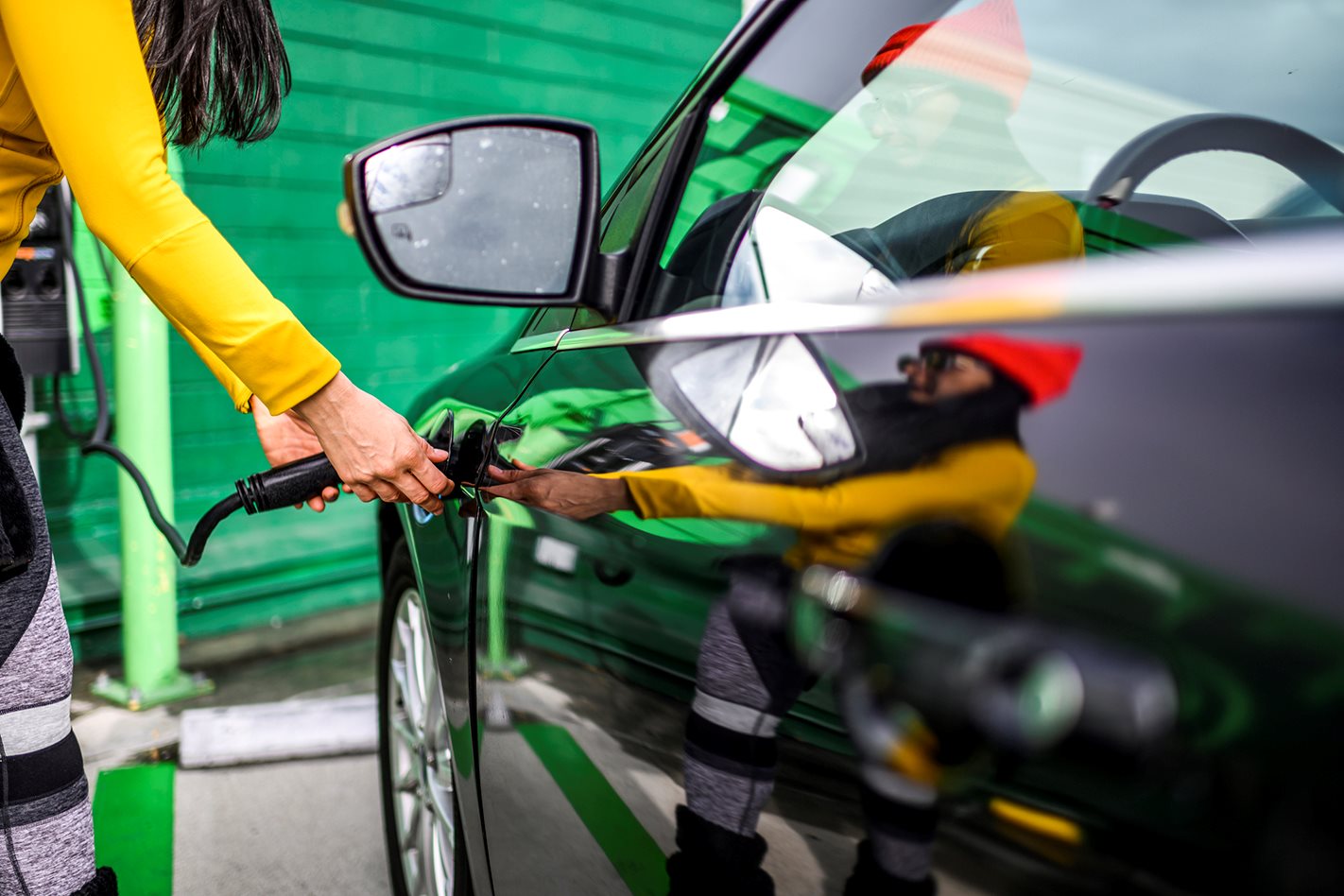 News
NewsCar industry slams Government's EV strategy for lacking incentives and targets
The long-awaited policy for electric vehicles falls far too short of what's needed, say industry figures

